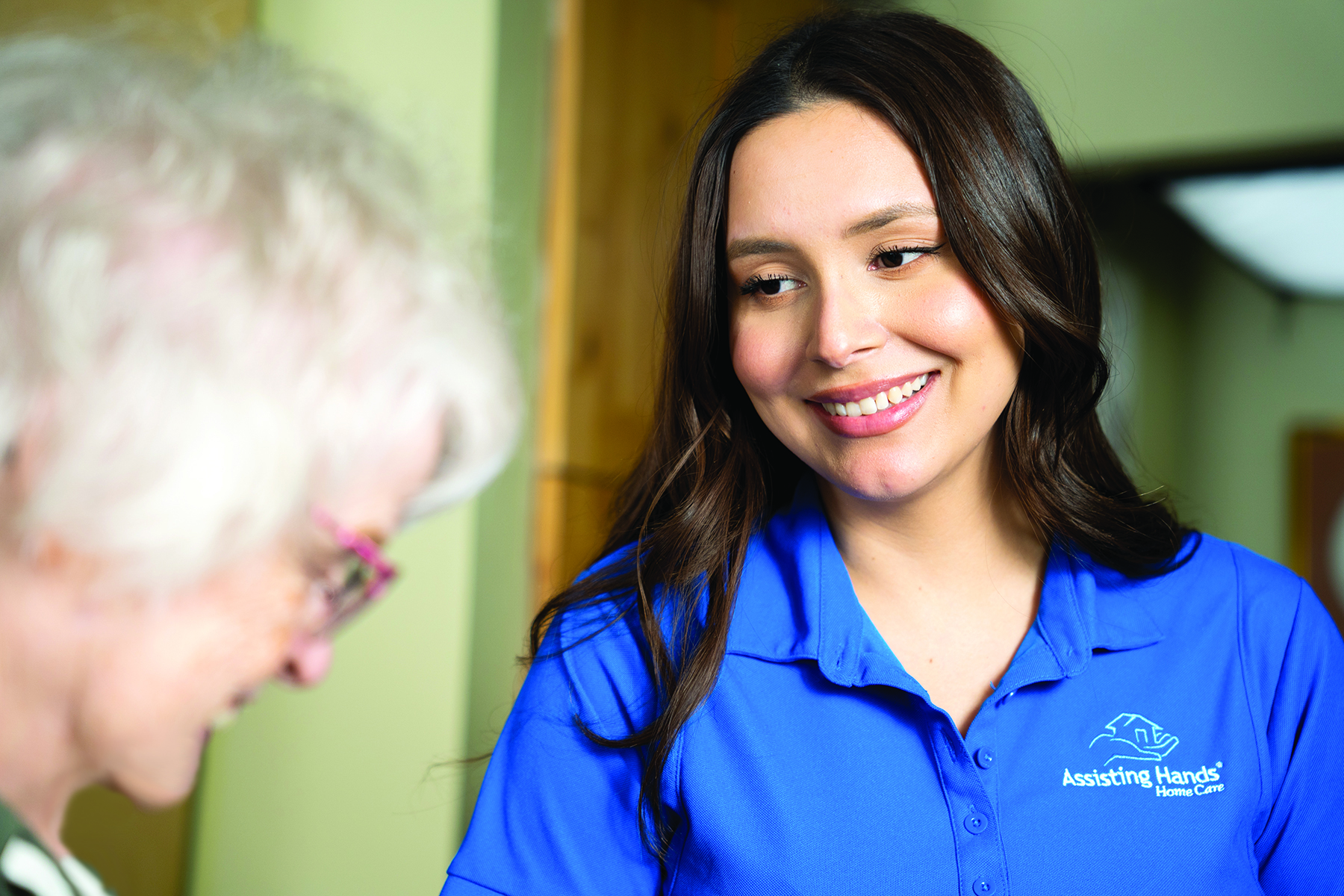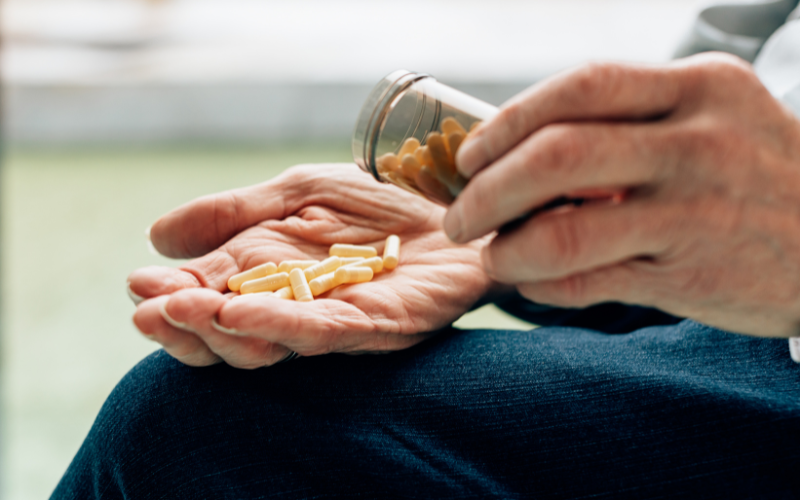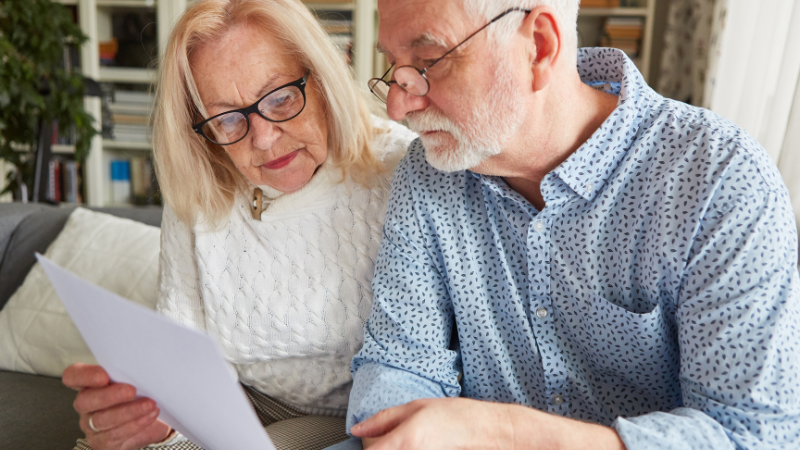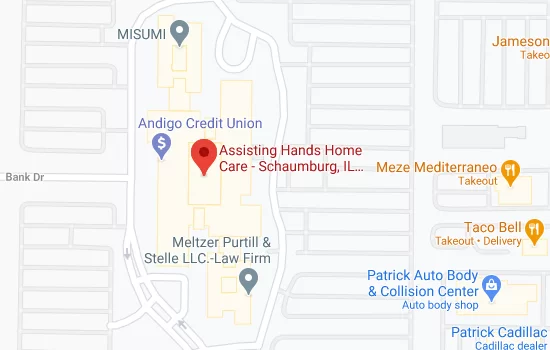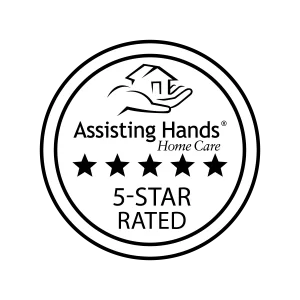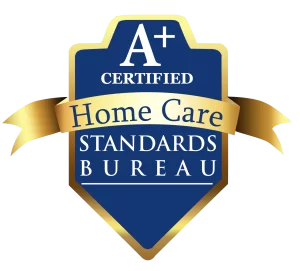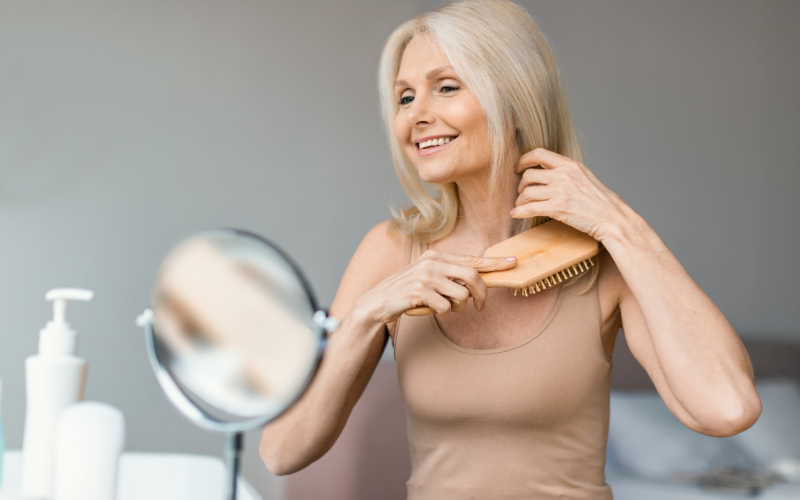
Several age-related changes take place as seniors grow older. Muscles lose strength, vision becomes poorer—and hair becomes thinner. Maintaining a lustrous mane after 50 requires knowledge of certain hair care tips and tools. Here’s how seniors can revitalize their silvery locks.
How does hair change with age?
Hair consists of protein; each strand has a lifespan of about two to seven years. But as seniors age, this life cycle shortens. Fine hairs increasingly fall out and are replaced by even finer ones. Hair loss is the result and happens to nearly every older adult, male or female.
Aging women often have thinner hair due to the effects of menopause. The hormones that stimulate the growth of follicle fibers decrease and become dominated by testosterone. Due to these changes, some hair follicles stop reproducing hair, while existing hair drops out, never to regenerate.
The rich tones of hair also undergo changes as seniors age. Pigment cells no longer produce prolifically, leaving thick, brunette, or chestnut hair wispy and gray. Attempting to repair the loss of healthy color requires a trip to the salon—but chemicals and heating tools only deteriorate hair further.
What are some hair care tips for seniors?
Fortunately, aging people approaching 50 can take steps to strengthen and repair their hair. In fact, the following 10 easy hair care tips can be used by older adults of any age who wish to preserve the luster, health, and vibrancy of their hair.
1. Wash twice per week
Excessive hair washing dries out hair, leaving it brittle and prone to unsightly breakage. Washing hair is essential to maintaining a clean scalp—but limit the washing to twice per week. Avoid over shampooing and use a product indicated for a specific type of hair, such as dry, oily, or normal.
2. Use hair conditioners
A quality conditioner replenishes the natural oils and sheen lost through shampooing. Opt for a leave-in conditioner in addition to a rinse-out conditioner. This combination works wonders for increasing shine and moisture and preventing frizz. It also serves as an effective heat protectant.
3. Eat a nutritious diet
Maintain healthy hair by consuming a balanced diet. Foods rich in vitamins and minerals give hair the vitality seniors desire. Choose foods high in protein, iron, vitamin E, zinc, and omega-3 fatty acids. Nuts, leafy greens, seafood, and lean meats deliver these essential nutrients and promote hair growth.
Eating protein is key to healthy hair, since strands consist mostly of protein. A lack of protein is associated with hair loss. Consume eggs and small portions of lean red meat to replenish protein supplies. If necessary, take multivitamins to obtain the nutrients not found through food.

4. Discuss medications with a doctor
Drugs used to treat heart disease and lower lipids can impact a senior’s hair. If medications cause hair loss or interfere with growth, the older adult is encouraged to consult with their doctor. Adjustments to their drug regimen may be possible to help counter these negative effects.
5. Trim hair regularly
Split ends and breakage are snipped off when the senior trims their hair every six to eight weeks. The damage that split ends cause at the tips of hair extends upward to the shaft of hair, leaving it unsightly. Even a mini end trim freshens up hair without sacrificing length.
6. Limit styling products
Layering on hair care products fails to revitalize the hair as intended. Rather, it makes the condition of the hair worse, causing it to appear thinner and flatter. Choose one volume booster to add bounce, body, and lift. Avoid gels and pomades that attract dirt and oil.
7. Use gentle tools
Gentle styling tools support a healthy head of hair. After shampooing, for instance, run a wide-tooth comb through the wet air to detangle it. When blow drying, keep the setting on low rather than high to prevent excess heat from stripping the cuticles and reducing moisture.
8. Promote scalp health
A DIY scalp massage stimulates blood flow at the roots and boosts hair growth and health. Itching, flakiness, and dryness at the scalp lead to hair breakage and strands falling out at the root. Use a pre-shampoo scalp scrub to slough off dead cells and styling products and soothe the scalp.
9. Use safe dyes
Seniors who opt to dye their hair should see a pro colorist. A professional stylist can advise on the safest dyes for each type of hair as well as shampoos and conditioners for color-treated hair. Working with a stylist minimizes the stress of the chemical process involved in coloring hair.
10. See a health care provider
A visit to the doctor or dermatologist can pinpoint underlying conditions, like thyroid disease, nutritional deficiencies, or hormonal issues, contributing to lackluster hair. The health care provider can recommend the best hair growth supplements or topical products to reverse hair loss.
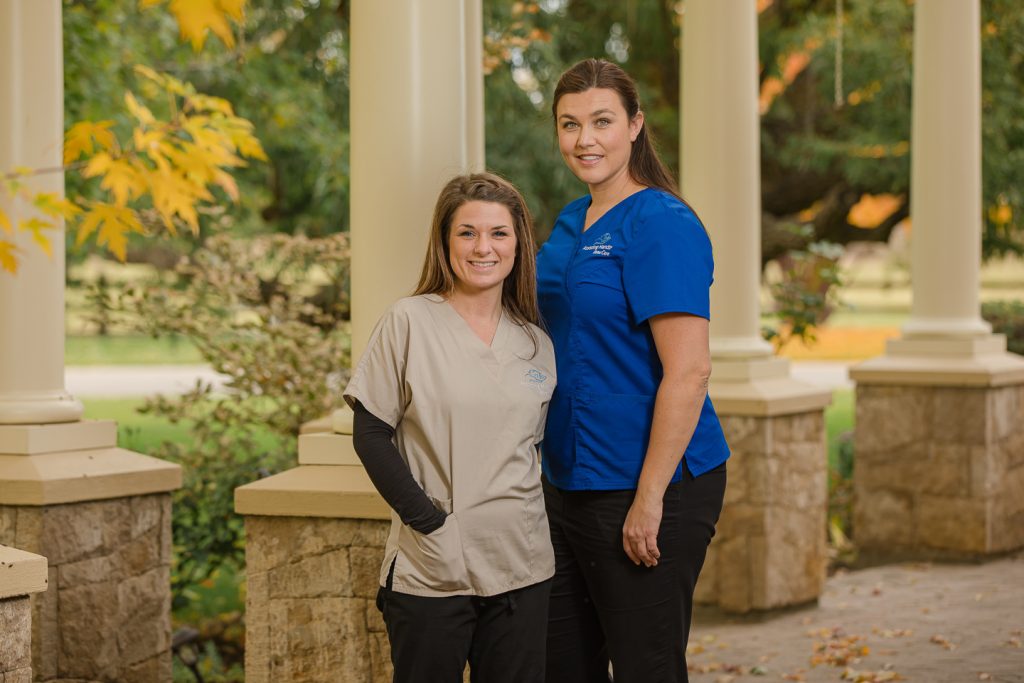
Thick, healthy hair can be achieved even after 50 by implementing the above hair care tips. If you or an aging loved one could use extra support with eating healthier, taking medications, or getting to the doctor’s office, the caregivers at Assisting Hands Home Care are prepared to help.
Our senior home care agency provides a comprehensive range of non-medical services to give seniors the assistance they need to stay independent. Professional caregivers are tasked with cooking heathy meals, giving medication reminders, performing light housekeeping, and conducting fall risk assessments.
We provide transportation and escort to the medical clinic or pharmacy. As constant companions, our caregivers deter loneliness, isolation, and depression in aging care recipients. Seniors who need help washing their hair or performing other hygiene tasks receive discreet assistance from our caregivers.
Care from Assisting Hands Home Care is flexible and customized to meet a senior’s unique care needs. We serve Schaumburg, Illinois’, elderly population with dedication.
Schedule a free consultation at (224) 258-0736 and learn how compassionate in-home care elevates an older adult’s overall quality of life.
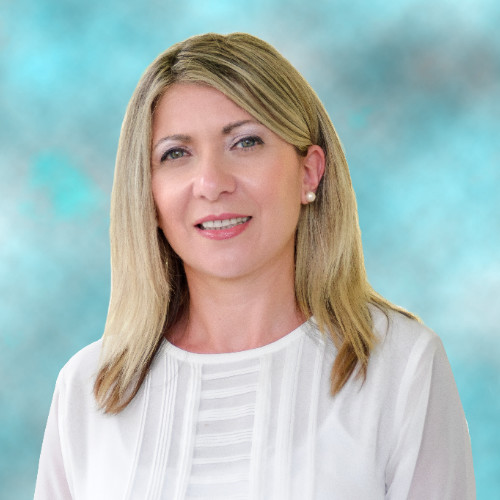
Daniela has master’s degree in electronic engineering with a pedagogical specialty and master’s degree in marketing management.
After completing her schooling, Daniela worked at a hospital for 6 years as the Director of Business Marketing Development and Public Relations.
Starting Assisting Hands Home Care
Daniela spent more than 14 years as the Assistant Vice President of a national bank before becoming a co-owner of Assisting Hands Home Care of Schaumburg.
Her background in public relations and marketing along with her personal experience caring for her mother motivates Daniela to be passionate about helping families in the Schaumburg, IL area find exceptional caregiving services for their elderly loved ones.
Besides providing home care, Daniela enjoys giving back to the community in her free time, supporting various events at St. Peter Parish in Geneva, IL such as fundraising, school projects, charity events, and more. She also enjoys volunteering for the Humanitarian Service Project in Carol Stream, IL. This organization provides seniors with meals as well as food and supplies for children living in poverty.

